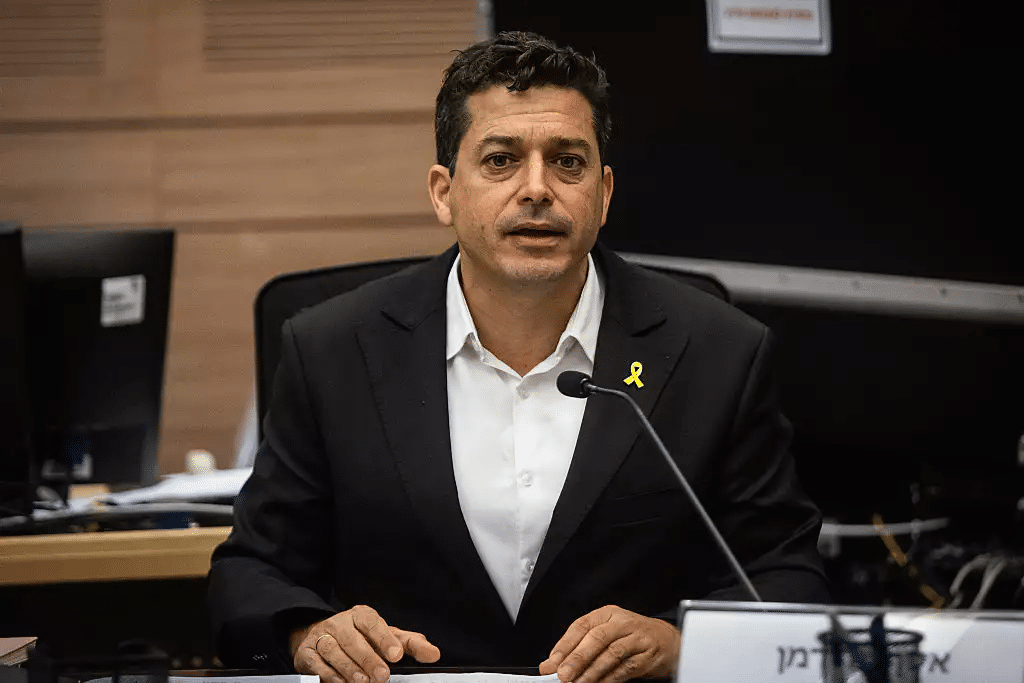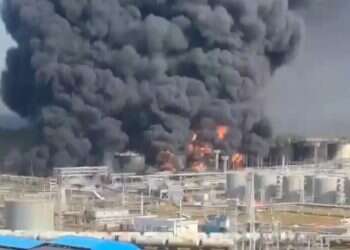A court in Bosnia issued an international arrest warrant on Wednesday against Milorad Dodik, the president of Republika Srpska and leader of the Bosnian Serbs, who is currently in Israel for an antisemitism conference in Jerusalem organized by Diaspora and Antisemitism Minister Amichai Chikli. The crisis is considered the most severe in Bosnia since the 1990s war.
Following the publication of the arrest warrant against him, Israeli officials informed Dodik that he was not welcome, prompting Dodik to leave the venue with his entourage.
According to the court's statement, Dodik is charged with "undermining the constitutional order" and leaving the country in violation of court orders. Reuters reported that Dodik was sentenced to one year in prison and barred from political activity for six years after defying decisions by an international peace envoy. The trial followed ongoing unrest that began in July 2023, when the Republika Srpska parliament passed a law ignoring the authority of Bosnia's Constitutional Court.
Dodik, a longtime pro-Russian advocate for secession from Bosnia and an ally of Russian President Vladimir Putin, pushed legislation banning Bosnia's state judiciary and police from operating in the Serb-majority region. The law was temporarily suspended by the Constitutional Court. Dodik has repeatedly threatened to separate Republika Srpska from Bosnia and merge it with neighboring Serbia, a move Western nations warn could reignite violent conflict in the region.

Earlier this week, Dodik crossed into neighboring Serbia and then traveled on to Israel to attend the antisemitism conference in Jerusalem.
Bosnia's state court also announced that an international arrest warrant was issued for Nenad Stevandić, speaker of the Republika Srpska parliament, who had traveled to Serbia but has since returned to Bosnia. The warrants have been forwarded to Interpol, according to the court's statement. Dodik has dismissed the charges as politically motivated and without merit.
Republika Srpska is one of the two entities that make up Bosnia and Herzegovina, representing the country's Serb minority. In recent months, tensions between the entity and the central government have escalated to the point where fears have been raised about the outbreak of violent conflict involving Bosnia, the republic, and Serbia.
The current crisis is considered the most serious since the 1990s war and threatens the 1995 Dayton Accords that ended the Bosnian War. Republika Srpska and the Muslim-Croat Federation of Bosnia were formed following the 1992–1995 war, which claimed around 100,000 lives and displaced millions. According to Reuters, the law passed by the Republika Srpska parliament is viewed by the West as a direct violation of the Dayton Accords.




